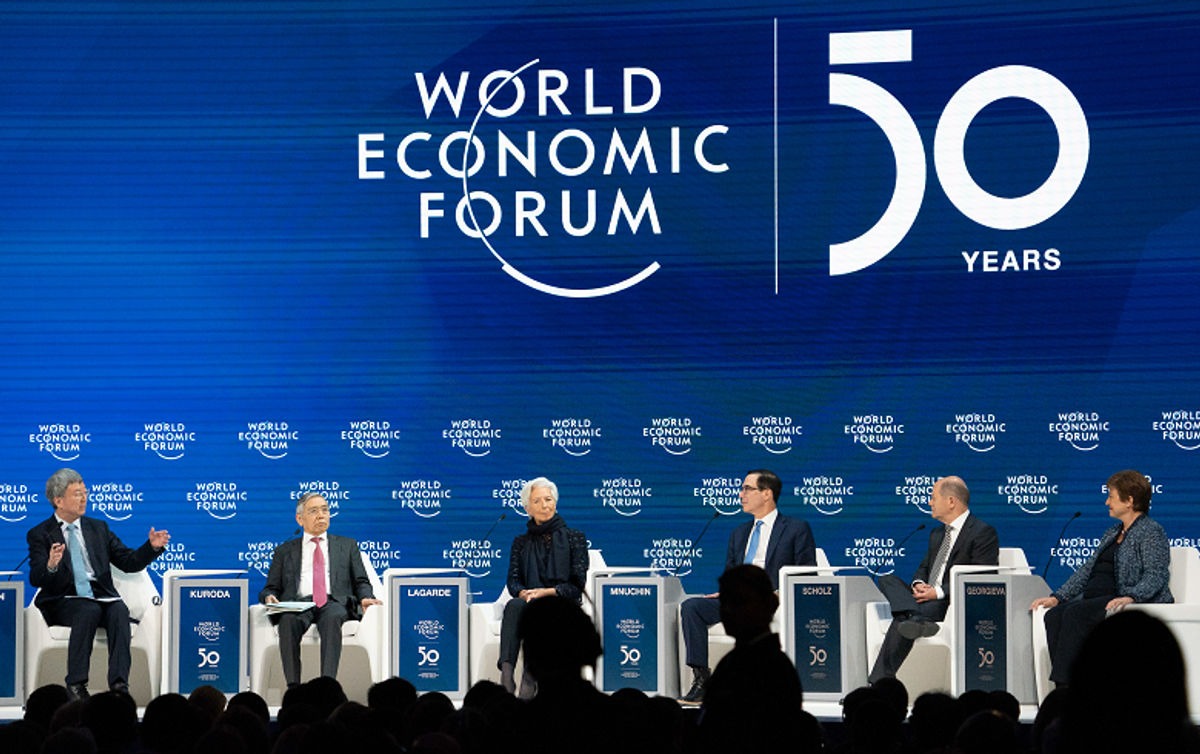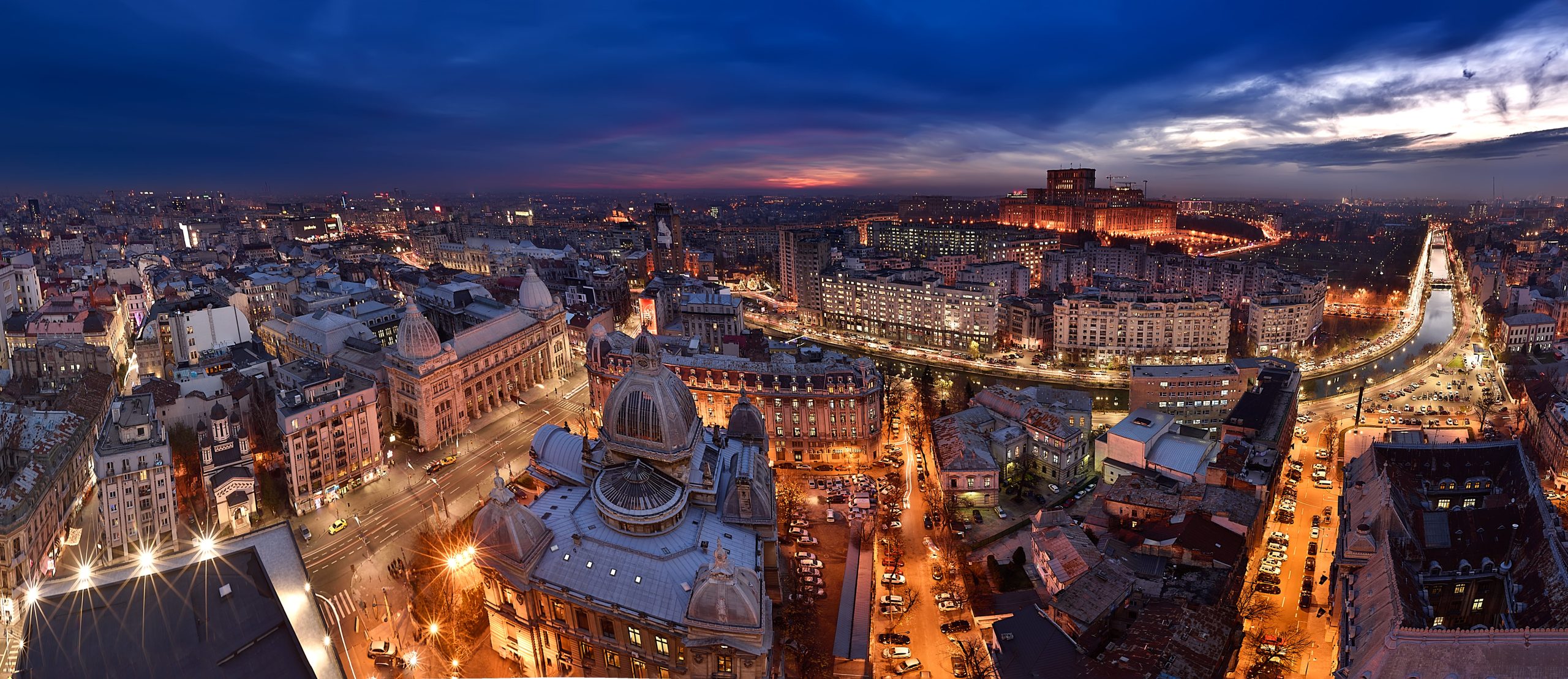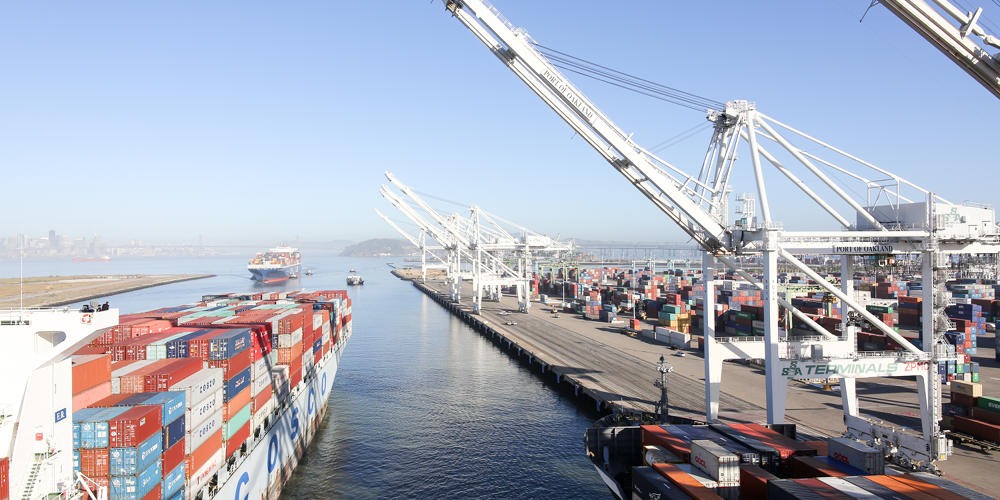World Economic Forum: Energy Leaders Had This to Say

As the World Economic Forum gets underway, hear what industry leaders had to say about the role of hydrogen and the future of energy.
With geopolitical upheavals and complex economic challenges destabilising a fractured world, the World Economic Forum Special Meeting on Global Collaboration, Growth and Energy for Development will convene 1,000 global leaders from 92 countries on 28-29 April in Riyadh, Saudi Arabia, to enable comprehensive dialogue on global cooperation, sustainable growth and promoting a global energy transition that underpins sustainable development.
Building on the inaugural Growth Summit, held in Switzerland last year, the meeting will promote forward-thinking approaches to interconnected crises, while remaining realistic about shorter-term trade-offs. It will work to bridge the growing North-South divide on issues such as emerging economic policies, the energy transition and geopolitical shocks.
Statements From Leaders
The meeting is also being attended by dozens of energy ministers and commissioners from around the world, many of whom are participating in public sessions.
Here are some key insights and what they’re saying:
H.R.H. Prince Abdulaziz Bin Salman Bin Abdulaziz Al Saud, Minister of Energy, Saudi Arabia
In a public session, H.R.H. Prince Abdulaziz Bin Salman Bin Abdulaziz Al Saud, Minister of Energy of Saudi Arabia, spoke about the need to advance an equitable and financially viable energy transition. He also stressed the need for a global and universal approach so that no one gets left behind — especially those in developing economies.
“The climate change issue and sustainability is a global issue,” he said. “It cannot be attended to in regional scopes or as a smaller territorial thing. It has to be global.”
Amani Abou-Zeid, Commissioner for Infrastructure, Energy and Digitalization, African Union Commission
In a public session on the rise of green molecules, Amani Abou-Zeid, Commissioner for Infrastructure, Energy and Digitalization at the African Union Commission, spoke about the need for universal energy access, especially in emerging markets in Africa.
Abou-Zeid also stressed the need to pursue new fuel types such as biofuel, hydrogen and their derivatives. “We cannot afford to disregard any solution,” she said. “All solutions out there must be harnessed by the continent.”
Ahn Dukgeun, Minister of Trade, Industry and Energy, Republic of Korea
In a public session on how domestic politics and geopolitical divides are impacting trade policy, Ahn Dukgeun, Minister of Trade, Industry and Energy of the Republic of Korea, spoke about how governments are increasingly using industrial policy to compete with each other — especially around critical sectors like artificial intelligence and the semiconductor industry.
“When major countries are pouring huge government resources into developing a strategically important sector, then many more countries will follow suit,” he said. “Then we are in a very dangerous phase of industrial competition.”
Kadri Simson, Commissioner for Energy, European Commission
In a public session, Kadri Simson, Commissioner for Energy of the European Commission, spoke about Europe’s efforts to diversify its energy sources—particularly after Russia’s invasion of Ukraine—and accelerate its adoption of renewables like wind and solar.
“These past two years have been a record year for renewables,” she said, noting that new wind and solar installations across Europe have helped the region reduce gas consumption significantly. Simson added that the EU also plans to make further investments in grid infrastructure.
Saad bin Sherida Al-Kaabi, Minister of State for Energy Affairs, Qatar
In a public session, Saad Sherida Al-Kaabi, Minister of State for Energy Affairs of Qatar, spoke about the need for energy security for future generations and the importance of advancing a “responsible” energy transition.
Al-Kaabi added that the oil and gas industry still supplies a great deal of the global energy supply, noting that “demand is going to be there for a very, very long time.”
Suhail Mohamed Faraj Al Mazrouei, Minister of Energy and Infrastructure, UAE
In a public session, Suhail Mohamed Faraj Al Mazrouei, Minister of Energy and Infrastructure of the United Arab Emirates, spoke about accelerating the adoption of renewable energy sources. Al Mazrouei also discussed the need for proper financing and mechanisms to ensure business viability.
“The cost of finance depends on the whole country economy,” he said. “If you are diversifying and your economy is good, then you will find that the cost of financing will be reasonable.”
Fatma Thabet Chiboub, Minister of Industry, Mines and Energy, Tunisia
In a public session, Fatma Thabet Chiboub, Minister of Industry, Mines and Energy of Tunisia, spoke about energy costs and efforts to development of energy-saving mechanisms.
“This has become national priority for Tunisia since the cost of supplying energy has been increasing,” she said, adding that Tunisia is also increasing its use of renewable energy sources.
The Goal Of The Meeting
The meeting will see advancements on key World Economic Forum work, such as the Future of Growth Initiative, the Centre for the Fourth Industrial Revolution, and UpLink challenges aimed at identifying and scaling innovative climate solutions. New insights will be released on education and AI, cybersecurity talent and geopolitical dependence, from hydrocarbons to critical minerals.

